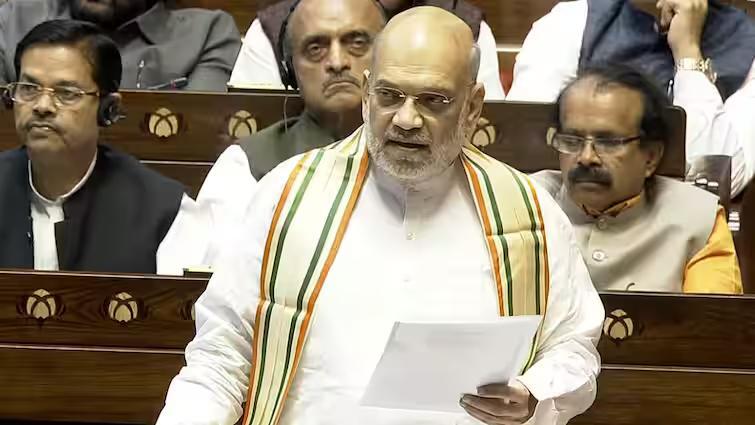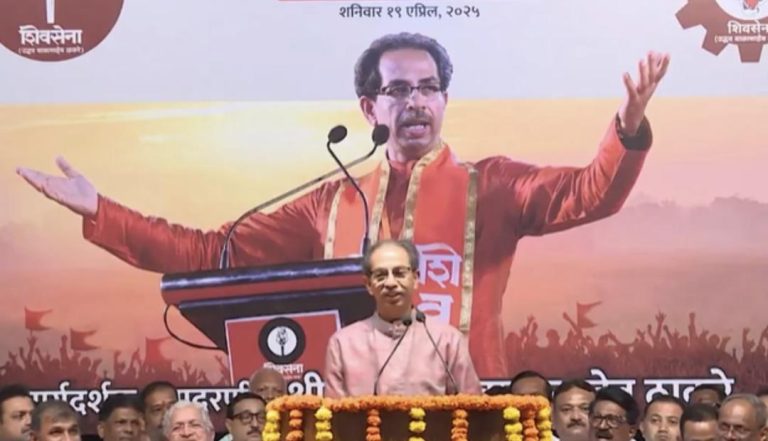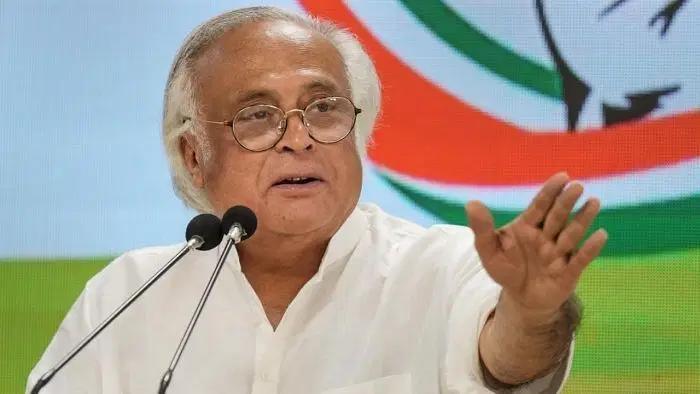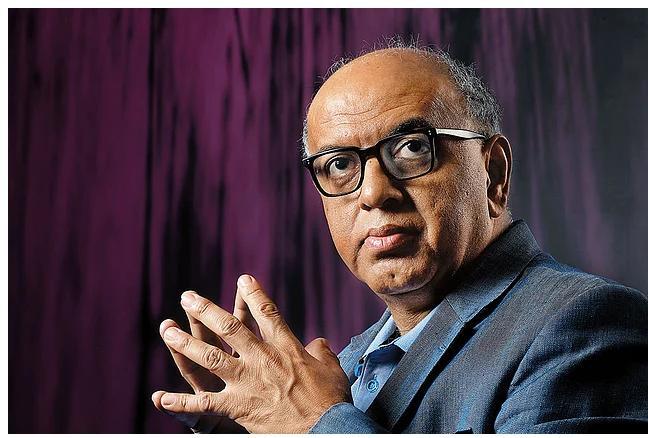
70% Deaths Due to Terrorism Reduced in J&K: BJP’s Amit Shah
In a significant revelation, Union Home Minister Amit Shah recently stated that there has been a staggering 70% reduction in deaths due to terrorism in Jammu and Kashmir (J&K) during the tenure of the Narendra Modi-led government. This remarkable achievement is a testament to the government’s efforts to combat terrorism and ensure the safety and security of the people of J&K.
Shah’s comments came during a Rajya Sabha discussion on the working of the Home Ministry, where he highlighted the significant strides made by the government in reducing the menace of terrorism in the region. The Home Minister attributed this reduction to the effective counter-terrorism measures taken by the government, which have resulted in a decline in the number of terror-related deaths.
The abrogation of Article 370, a move that has been a subject of intense debate, has also played a crucial role in reducing the involvement of Indian youths with terrorists. According to Shah, after the revocation of Article 370, the involvement of Indian youths with terrorists has “almost disappeared”. This is a significant achievement, as it not only reduces the pool of potential recruits for terrorist organizations but also sends a strong message that terrorism has no place in Indian society.
The reduction in terror-related deaths in J&K is a welcome development, especially considering the region’s troubled past. For decades, terrorism had been a major concern in J&K, with various terrorist organizations operating in the region and causing harm to innocent civilians and security personnel. The situation was so dire that it had become a major challenge for the government, with various attempts being made to combat the menace.
However, the Narendra Modi-led government’s approach to tackling terrorism has been different. Rather than relying on traditional methods, the government has taken a more nuanced and multi-faceted approach to addressing the issue. This has included measures such as improving intelligence gathering, enhancing the capabilities of security forces, and engaging with local communities to address the root causes of terrorism.
One of the key strategies employed by the government has been to focus on the development of J&K. By investing in infrastructure, education, and healthcare, the government has aimed to create a more prosperous and stable environment that would reduce the appeal of terrorism. This approach has been successful, with the region witnessing significant economic growth and development in recent years.
Another important aspect of the government’s approach has been its efforts to promote dialogue and reconciliation. The government has engaged with various stakeholders, including political parties, civil society organizations, and local communities, to build consensus on the issue of terrorism. This has helped to create a sense of ownership and responsibility among the people of J&K, who are now more actively involved in the fight against terrorism.
The decline in terror-related deaths in J&K is also a testament to the bravery and sacrifice of the security forces who have been fighting against terrorism. The security forces have been operating in challenging terrain, often facing hostile conditions and risking their lives to protect the people of J&K. Their dedication and commitment to duty have been instrumental in reducing the menace of terrorism in the region.
While the reduction in terror-related deaths in J&K is a significant achievement, it is equally important to acknowledge the challenges that still remain. Terrorism is a complex and evolving issue, and the government must continue to be vigilant and proactive in its efforts to combat it.
The opposition, led by Rahul Gandhi, has questioned the government’s claims and accused it of exaggerating the achievements. Gandhi argued that the situation in J&K was still volatile and that the government’s policies had failed to address the root causes of terrorism. While these criticisms are valid, they should not detract from the significant progress that has been made.
In conclusion, the reduction in terror-related deaths in J&K is a welcome development that reflects the government’s commitment to combating terrorism. The 70% reduction in deaths is a testament to the effectiveness of the government’s approach, which has focused on improving intelligence gathering, enhancing the capabilities of security forces, and promoting development and dialogue.
As the government continues to work towards a more secure and stable J&K, it is essential to acknowledge the challenges that still remain and to remain vigilant against the threat of terrorism. However, for now, the reduction in terror-related deaths is a significant achievement that deserves recognition and appreciation.






